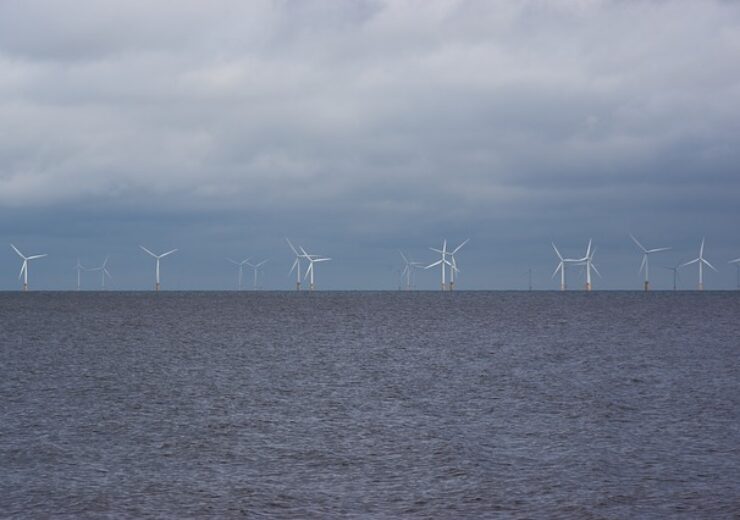GIG has already started an on-site comprehensive wind data collection campaign for the projects

The portfolio will include three projects in Ulsan totaling 1.5 GW (Credit: Julia Schwab from Pixabay)
French oil and gas company Total and Macquarie’s Green Investment Group (GIG) have partnered to develop a 2.3GW portfolio of floating offshore wind projects in Korea.
Consisting of five projects, the portfolio will include three in Ulsan totaling 1.5 GW and two in South Jeolla Province totaling 800 MW.
The 50/50 partnership of Total and GIG is expected to become effective in the autumn of 2020, upon securing the required regulatory approvals.
To support the portfolio, GIG has already started an on-site comprehensive wind data collection campaign.
The partnership is expected to commence construction on the first 500MW phase of the Ulsan project by the end of 2023.
Total and GIG partnership to make significant contribution to South Korea’s renewable energy targets
The floating offshore wind portfolio to be co-developed by Total and GIG is expected to make a major contribution to South Korea’s renewable energy targets.
As part of the Green New Deal plan that was announced in last July, the Korean government targets to have 12GW of offshore wind capacity by 2030.
In line with the New Deal plan, the partnership is also expected to work towards maximizing Korean content within the supply chain.
In addition, GIG has already signed a memorandum of understanding (MoU) with Ulsan City and 18 organisations to cooperate on activities that will promote floating offshore wind in Ulsan, develop local technologies and create new jobs.
The Ulsan projects are the first floating offshore wind developments in GIG’s global pipeline.
GIG global head Mark Dooley said: “Thanks in large part to the country’s world-class shipbuilding and marine plant infrastructure, GIG and Total see significant opportunities for floating offshore wind in Korea.
“We are committed to working with Korean companies and the local workforce as much as possible in order to support the Korean government’s Green New Deal plan, revitalize the economy and support jobs through Korea’s green transition.”
